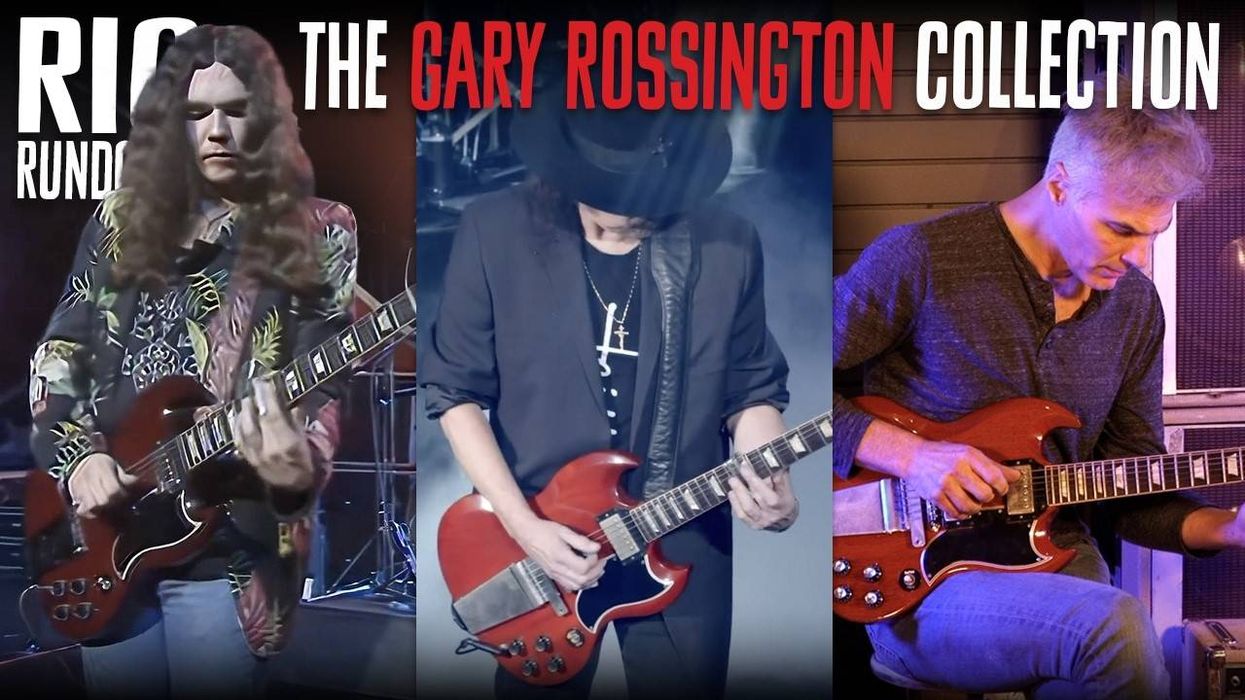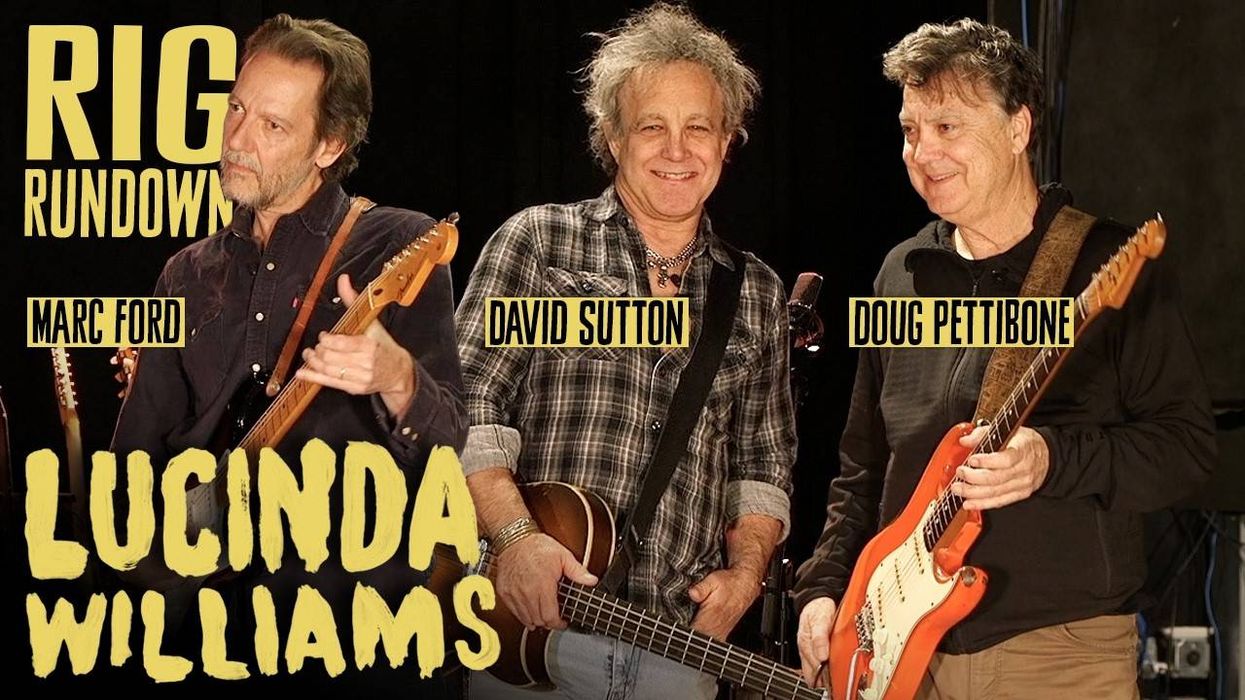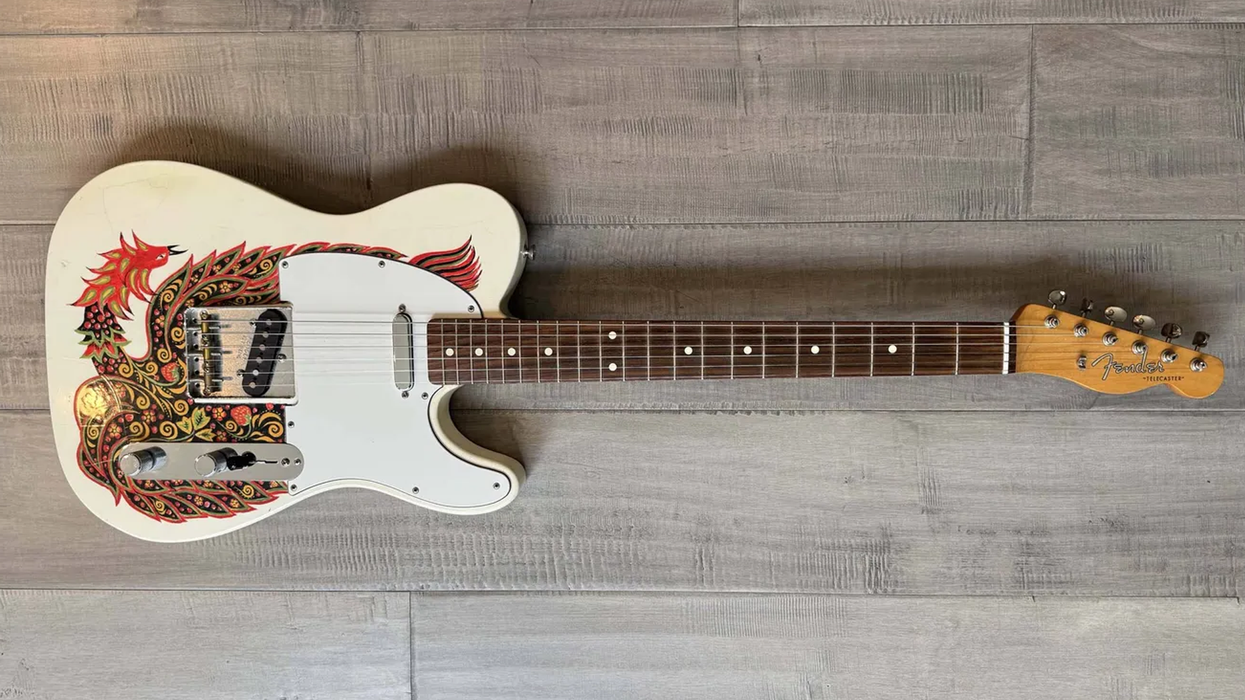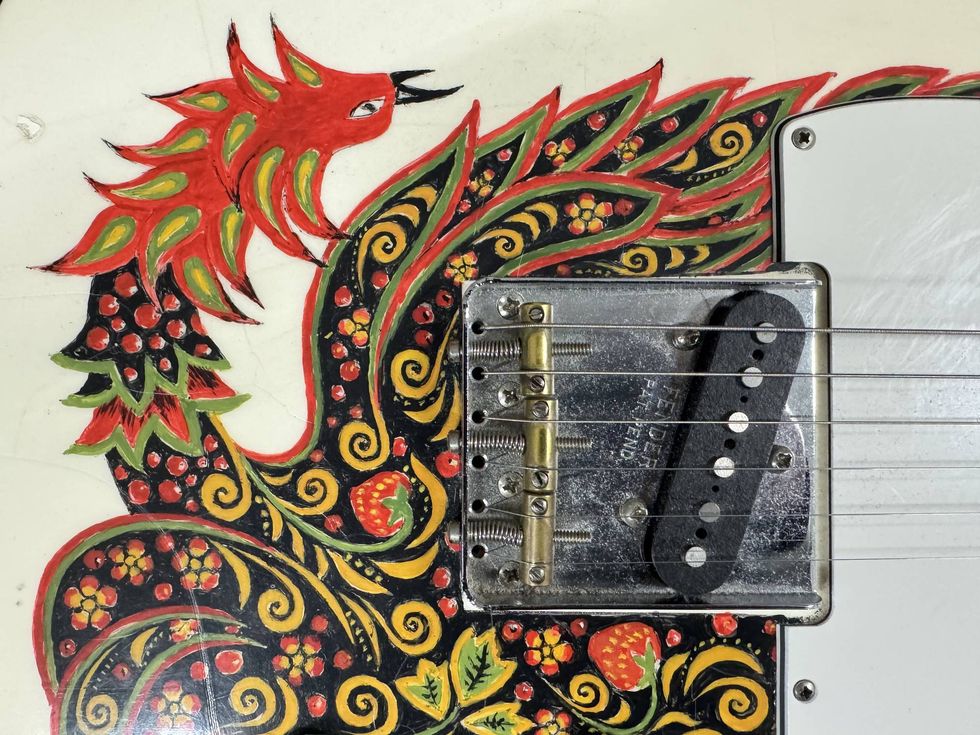One day in fourth grade, the entire student body gathered cross-legged on the “cafetorium" floor while a music teacher named Steve Payne gave his pitch for joining the school orchestra program. I planned on joining the school band—hopefully, rocking the snare drum—and was not really paying attention, but when Mr. Payne put his violin to his neck and made it sing, I quit talking to my friends and leaned in. Then Mr. Payne pulled out a pencil and began bouncing it on the strings for a percussive version of pizzicato popcorn. I was hooked, and signed up without asking my parents' permission. That assembly changed my life.
Had I not attended that mini-concert, I don't know what I'd be doing for money today, but it would probably involve a name tag and a deep fryer. But more than changing my career trajectory, music rewired my brain. Pre-music, I had the attention span of a mosquito. My interests included watching hours of TV, setting anthills on fire with gasoline, eating ice cream, burning plastic army men with a magnifying glass, and watching more TV. I was a terrible student, thanks in no small part to a generous helping of dyslexia that I'd been served up at birth. I remained a bad student for years, but something started to click in my brain when music entered.
I played violin (poorly) from fourth through ninth grade, enduring all of the insults and hazing you'd expect orchestra nerds to have heaped upon their skinny, hunched shoulders by the cool and cruel. Although I felt like a pariah and never got good at the violin, the experience was totally worth it. Slowly, my academics improved as I grew to be more present in the present. When my mother put me in guitar classes in eighth grade, life came into focus. That probably wouldn't have happened without the orchestra background.
Not surprisingly, a lot of professional musicians got their start in public school music programs. Most of us former orchestra/band geeks may never use calculus, the periodic table, geometry, or history, but “Every Good Boy Does Fine" comes up all the time in our weird little world.
There's a pile of neuroscientific research showing that kids involved in music have a big advantage over those who are not. For example, their language skills improve, which helps children academically and socially. But wait, there's more. According to an article titled “The Benefits of Music Education" on the Public Broadcasting Service website, research from various studies strongly suggests that music classes increase kids' IQs. A study provided three groups of 6-year-olds with music (piano and voice) lessons, drama classes, and no arts training, respectively. The children's IQs were tested before entering first grade, and again before entering the second grade. The study found that children who were given music lessons tested, on average, three IQ points higher than the other groups.
Further studies showed children who had the benefit of an elementary school with a good music program scored around 22 percent higher in English scores and 20 percent higher in math scores on standardized tests, compared to schools with low-quality music programs, regardless of socioeconomic disparities among the schools or school districts.
Regrettably, music programs are usually the first to go when public schools run short on dough. According to our know-it-all friend Wikipedia, 1.3 million elementary school students in the U.S. don't have access to a music class.
Unless you've been living in a cave with your fingers in your ears and your eyes taped shut, you might suspect that the movie Idiocracy is more prophecy than comedy. If you're in doubt, scan Facebook for an hour and see what the left, right, and middle are saying and doing. There could be a correlation between our world's swift decline and this change in our schools' curriculums.
I realize this is a guitar mag, so I'm preaching to the converted, but maybe if enough of us say or do something, those who control the budgets for schools will understand the far-reaching benefits of including music in their curriculum and our world will set a course away from what looks a little like imminent doom. Bassist Verdine White, a founding member of Earth, Wind & Fire, who's also a badass musician and heart-of-gold philanthropist, revealed in his recent Rig Rundown that he's focusing a good deal of his time and money bringing music education to kids in L.A. through his Verdine White Performing Arts Center. Good on ya, Mr. White. Way to lead by example.
There's a boatload of studies indicating that plants, animals, and children all grow better with music. When you discover an honest-to-God cure-all like that … of course we should have more of it. Music isn't my life; it's more like life is music.




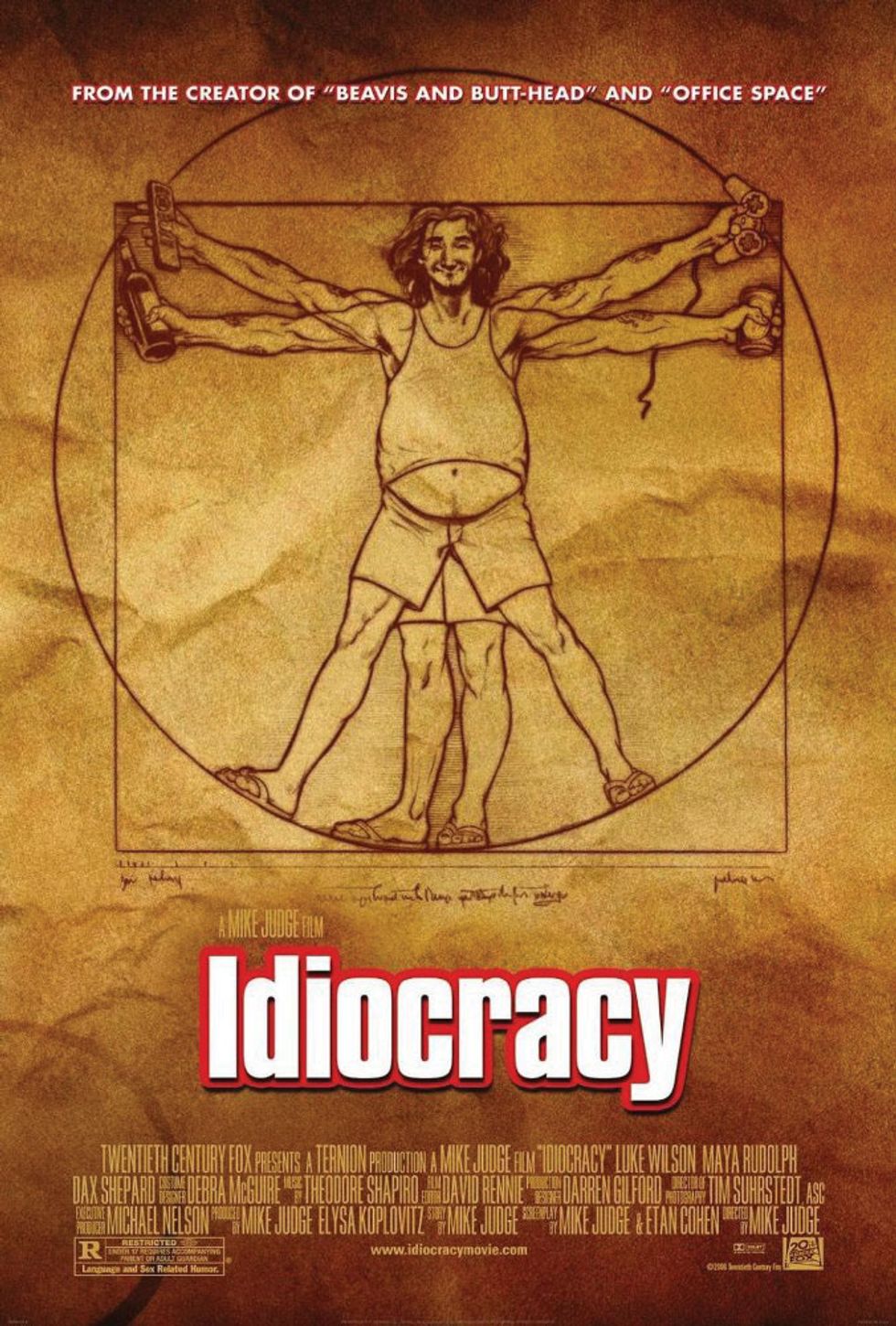



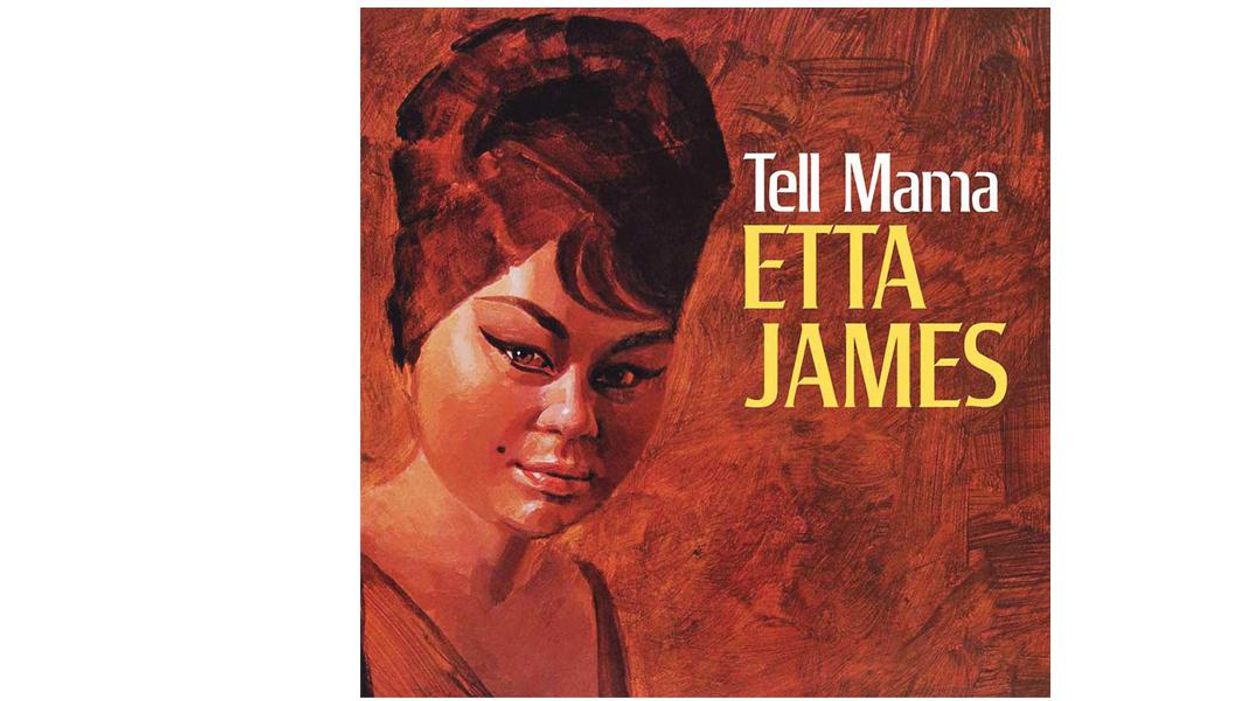



![Rig Rundown: Russian Circles’ Mike Sullivan [2025]](https://www.premierguitar.com/media-library/youtube.jpg?id=62303631&width=1245&height=700&quality=70&coordinates=0%2C0%2C0%2C0)
